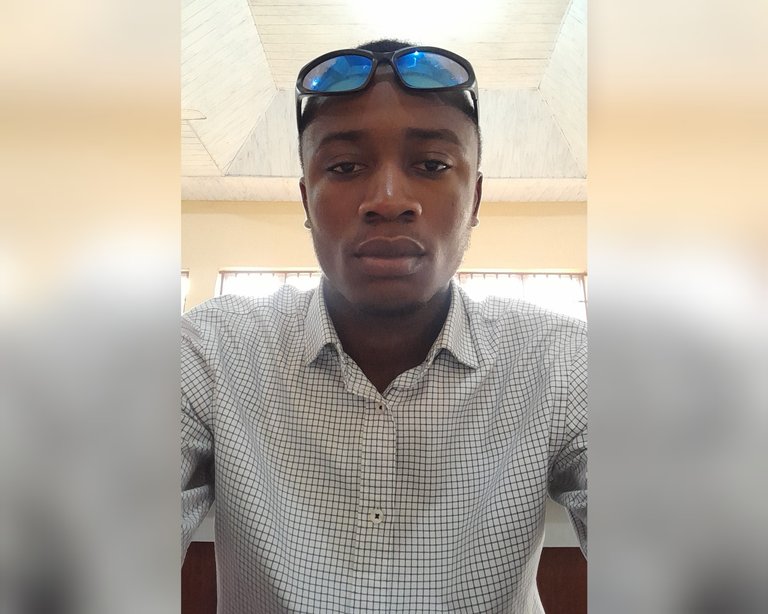The Risk of Hope: Would I Join a Clinical Trial for an Unproven Cure?

This is a topic that has been on my mind since i came across the #weekend-engagement topic. It is about whether I would choose to participate in a clinical trial for a new medical “cure” for an illness I had, even if the possible side effects were completely unknown and there was no guarantee of improvement. Honestly, it’s a tough decision because, on one hand, there’s the fear of the unknown, and on the other hand, there’s the possibility of finding a cure that could change my life and even help others.
First and foremost, I know I wouldn’t just rush into it. I would take my time to think deeply about it because this is my health at stake, and any wrong decision could affect me in ways I might not even be able to predict. However, after careful consideration, I think I would take the risk. If there’s even the slightest chance that the trial could lead to a cure, then that means there’s a chance I could be free from the illness. That hope alone would be enough to push me forward.
But beyond just thinking about myself, I would also consider the bigger picture. If a cure is discovered, it won’t just benefit me—it could save countless others who are suffering from the same illness or may be diagnosed with it in the future. Someone has to be willing to take the first step, and if no one is ready to take the risk, then there might never be a solution. The truth is, every major medical breakthrough we have today exists because someone, at some point, was willing to take a risk. The people who discovered cures for diseases like smallpox, polio, or even COVID-19 vaccines were not 100% sure they would work. They just went ahead with research, trials, and testing, and eventually, they found something that changed the world. If no one had made those efforts, we might still be struggling with diseases that once wiped out entire populations.
I also believe that everything in life comes with risks, and playing it too safe might mean missing out on something important. If I refuse to try, I might still end up suffering or even dying from the disease anyway. But if I try, there’s at least a chance I could get better. It’s a situation where doing nothing could be just as dangerous as taking action, so why not take the chance?
Of course, I would still want to be as informed as possible before making the final decision. I would want to know the credibility of the researchers, whether the trial had any basis in previous successful studies, and if there were any early signs of positive results. Even though the side effects are unknown, I would rather have some knowledge of what I’m getting into than blindly jumping in.
At the end of the day, I would do it, not just for myself but for the possibility of helping others as well. Even if the trial didn’t work, at least my participation could provide researchers with valuable information that might help them refine the treatment and eventually find the real cure. That in itself is still a meaningful contribution.
I can't be too sure with my life and I'm ready to gamble with my life
As long as there is a chance to prevent thousands of deaths, I agree with you... we have to try! put our faith in science and contribute for the good of ourselves and others.😉
I guess we just have to take the risk cause without that there is never going to be a solution.